Main Menu
The Power of Sportswomen and Storytelling
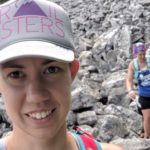
Anne Greenawalt is a writer, competitive swimmer, trail adventurer and dog lover living in central Pennsylvania. She earned her doctorate by studying the identity development that takes place when sportswomen share and reflect on their sports careers, bodies, and lives. She also hosts a website that shares a bricolage of journal entries, memoir snippets, interviews, training logs, and profiles of competitive female athletes.
Share This Article!
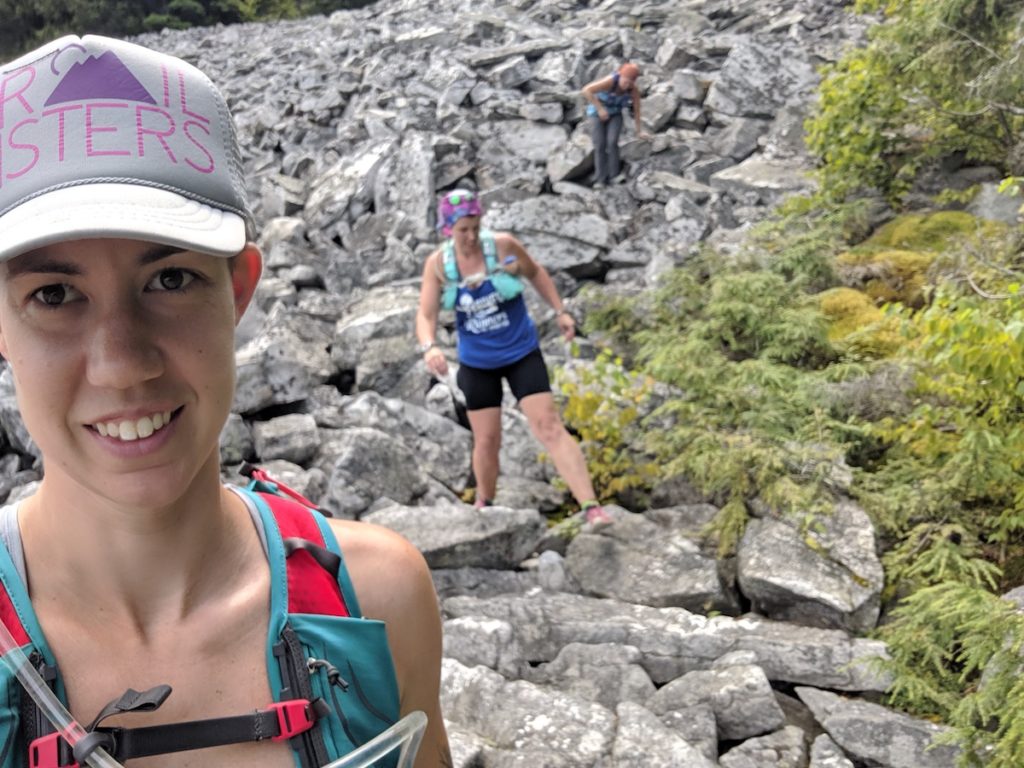

By: Anne Greenawalt
My two passions are sports and storytelling. I began swimming competitively when I was three years old, and I’ve been writing stories for almost as long. Sports and writing are activities I have always done for pleasure or self-fulfillment, but these are also rich areas of personal learning and potential social change. This is why, when having to create a dissertation topic, I chose to study the identity development and learning that take place when sportswomen tell and reflect on their personal narratives.
As part of my research, I interviewed amateur athletes in central Pennsylvania about their sports careers, bodies, and lives. The research showed that by telling, retelling, and reflecting on their stories, the athlete participants could form, strengthen, and/or create their athletic identities and, in doing so, potentially improve the conditions and treatment of themselves and other sportswomen. Fixed identities can be dangerous for groups and individuals because they don’t account for differences among people, so people can be more easily slotted into hierarchal binaries, which are pairs of related concepts in which one concept is more highly valued than the other.
Consider the concept of young versus old (binary), and consider that being young is often more highly valued in sports (hierarchy). Therefore, someone could conclude that running is for younger women, not older women. If the nearly 70-year-old athlete participant in my study bought into this idea, then she might have stopped running years ago. But in her narrative, she is a lifelong runner, so she continues to run and even planned a 70K trail event for her 70th birthday. For another example, consider men versus women (binary), and consider that men are often more valued in sports (hierarchy). Therefore, someone could conclude that men are better runners than women. Although we in the Trail Sisters community know this isn’t true, it’s this line of thought that leads to male runners getting paid more than female runners. Unequal perceptions drive inequitable actions.
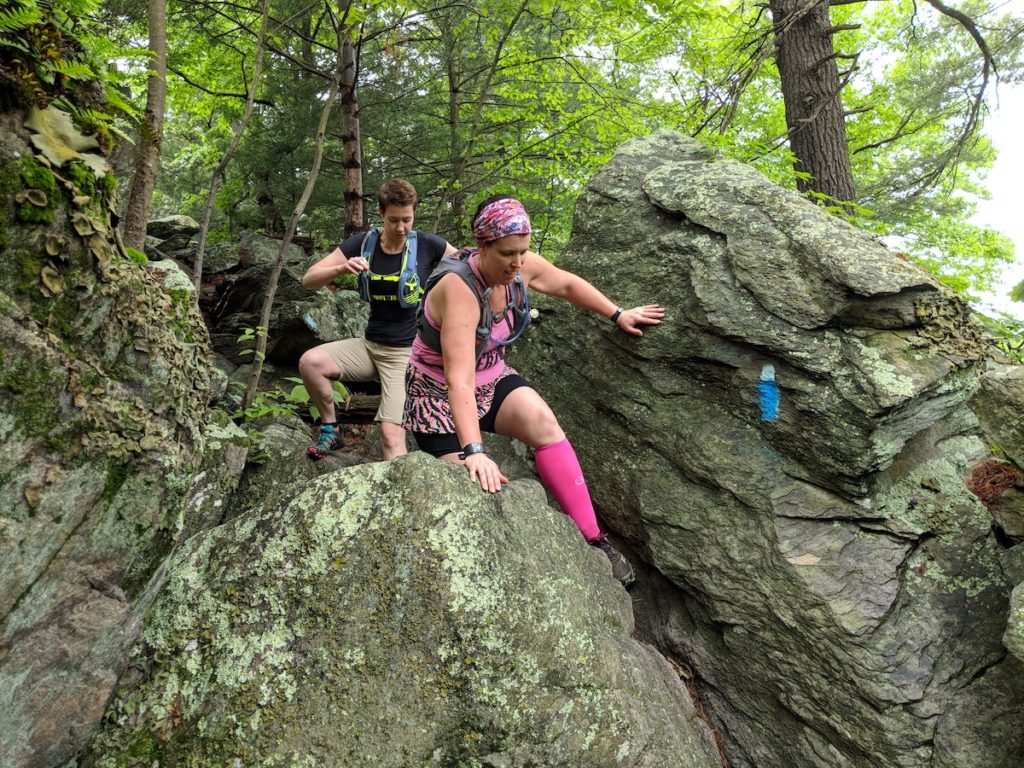
When sportswomen believe in these hierarchal binaries, they form fixed, unyielding identities, which are dangerous because they keep them stuck in one mindset, in one life role, and prevent them from individual or social change. Therefore, sharing sportswomen’s stories helps to call out these differences among athletes, which helps athletes form identities that suit their roles within and beyond their sporting communities. By telling her story, my athlete participant forms her identity as a lifelong runner, and perhaps another woman learning about her 70K goal will be inspired to continue to run in her 70s and beyond.
Another interesting finding from this research was that amateur sportswomen tend to be very humble about their accomplishments. They do not compete to earn a living, and although some of them were competing—and winning—against some of the best athletes in their age groups in the state and nation, they were not competing against the most elite athletes on a world stage. Because of this, they feel like their accomplishments as amateur athletes are inferior, perhaps unimportant or not worth discussion. In fact, each participant in the study made comments about not being the best in her age group, not making money, and/or not being a professional athlete. Many other athletes refused the interview because they did not think they had a good story to tell. Some amateur sportswomen don’t think they have a story worth telling, but this just isn’t true! Athletes: maybe you don’t think your own story is interesting, but I guarantee you that someone else will benefit from hearing it.
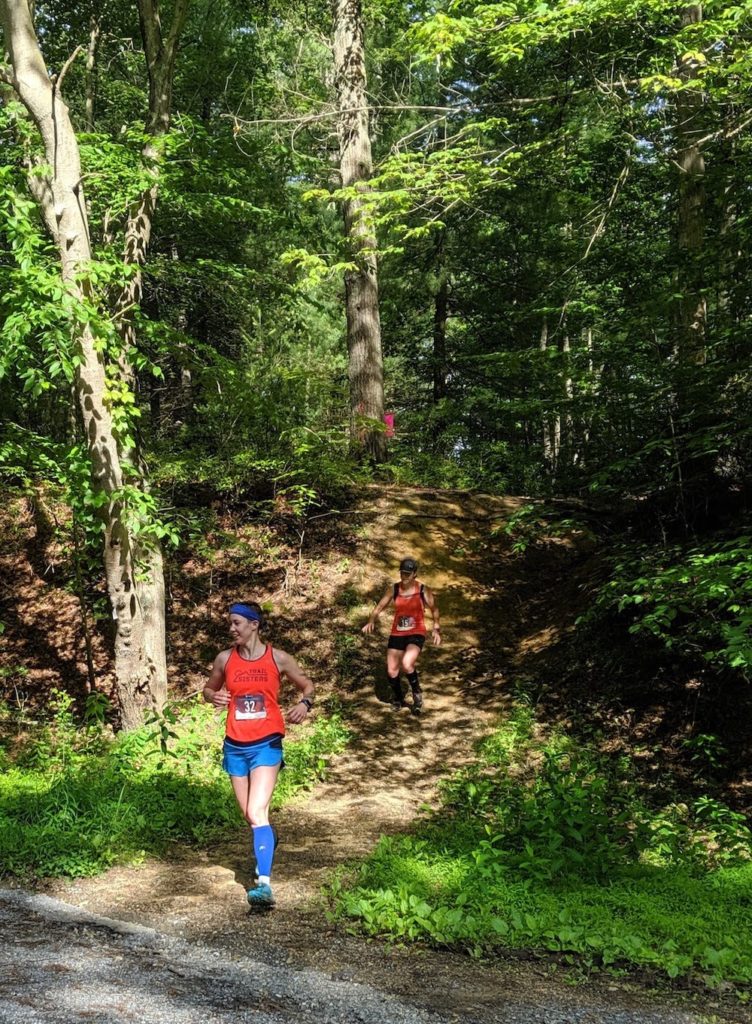
Sportswomen’s stories rarely appear in popular culture and the media, and those that do exist often portray women using sexist language and images. This means that when athletes turn to stories of sportswomen for inspiration and guidance, they are left with stories riddled with sexism, if they can find them at all. But if athletes share their sports experiences in their own words and are encouraged to do so free of sexist language and images, sportswomen can create a new understanding and meaning of women in sports for themselves and other athletes. Trail Sisters provides women with a safe and supportive environment in which to tell their stories, and I encourage all of you to share! Sharing a story is an amazing opportunity for both the storyteller and the story readers/listeners to learn more about themselves and to inspire change in others.
If you don’t think you have a worthwhile story to tell, or if you have a story to tell but aren’t sure where to start, try some of these tips.
- Keep a journal. Write down information about your runs, hikes, and/or cross-training. Where did you go? How far did you go? How fast? What was the weather like? Who were you with? What were you thinking or feeling during it? You can write this in a notebook, or on an app like Strava. If you use Strava, you can choose to keep it private or share it with others.
- Share photos of your runs/hikes on social media.
- Tell a friend, family member, or colleague about a recent trail adventure. Bonus: invite someone new to go on a trail adventure with you and create new stories!
- Write a story to share with the Trail Sisters community. Email [email protected] for more information.
- Let me interview you. Check out my project on sportswomen’s narratives for more information. I can either help you share your story with the Trail Sisters community or, if you participate in sports other than trail running, I can help you share your story through other forums.
Stories are powerful. We learn from stories, they expand our hearts and minds, and they provide us with new perspectives. I look forward to learning more about you—and myself—by hearing your stories.
About the Author

Anne Greenawalt is a writer, competitive swimmer, trail adventurer and dog lover living in central Pennsylvania. She earned her doctorate by studying the identity development that takes place when sportswomen share and reflect on their sports careers, bodies, and lives. She also hosts a website that shares a bricolage of journal entries, memoir snippets, interviews, training logs, and profiles of competitive female athletes.
Share This Article!


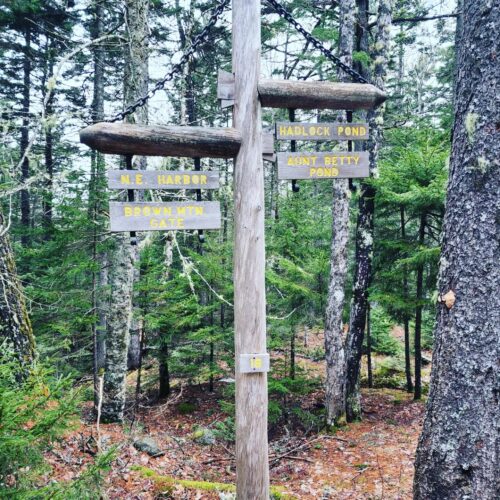
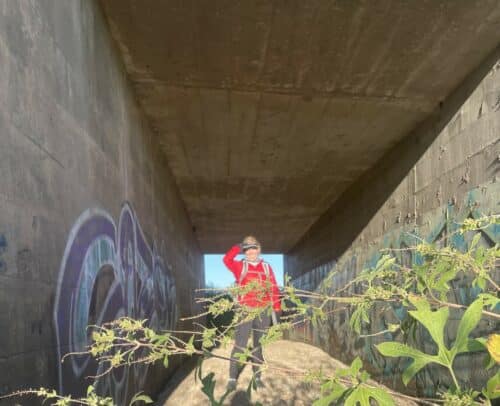

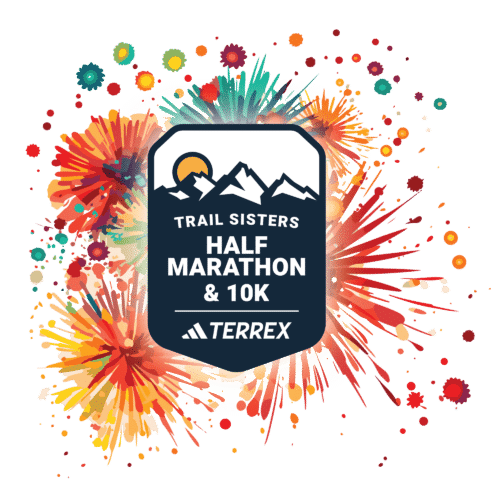
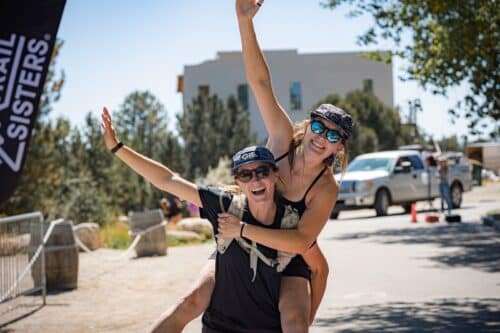

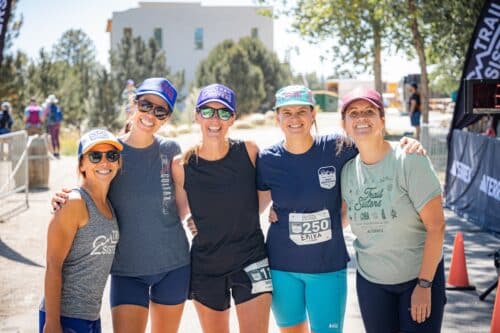
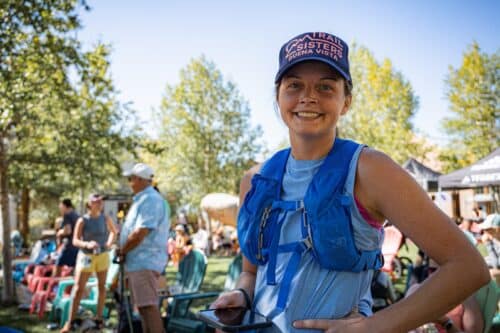
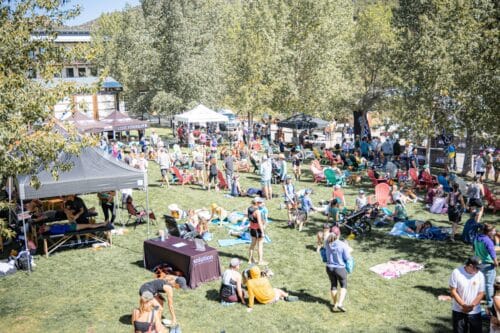
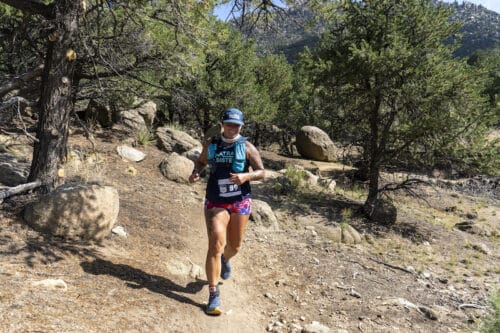
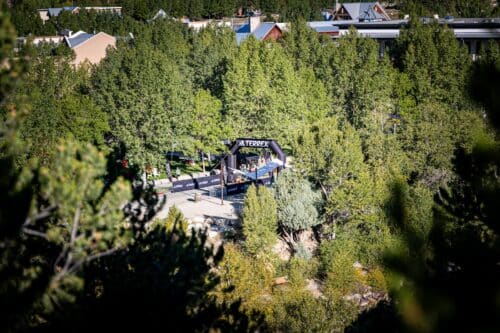
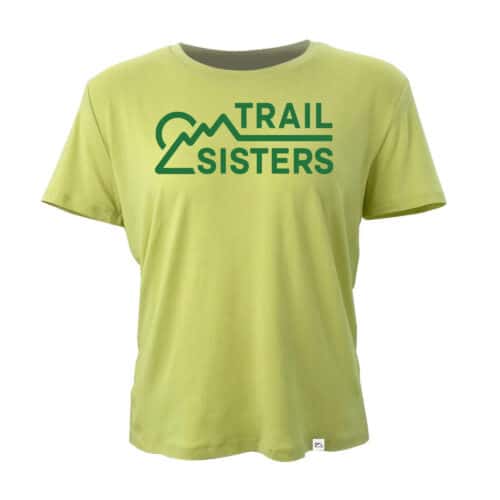
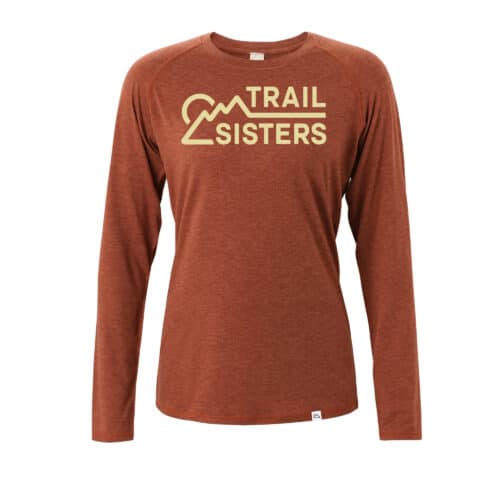
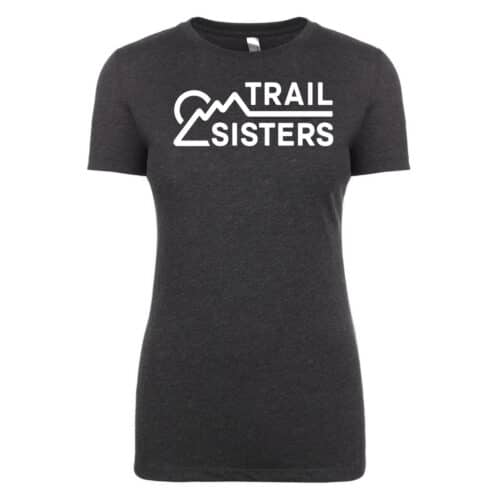
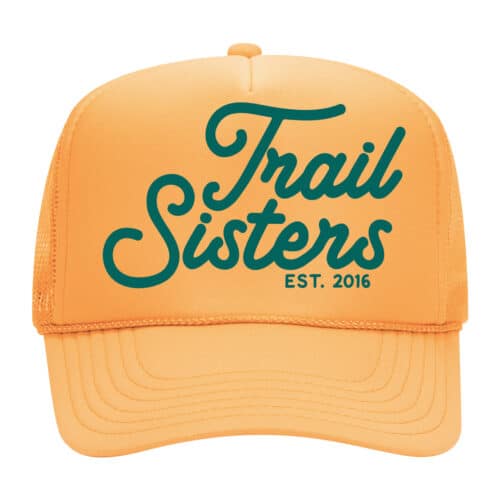
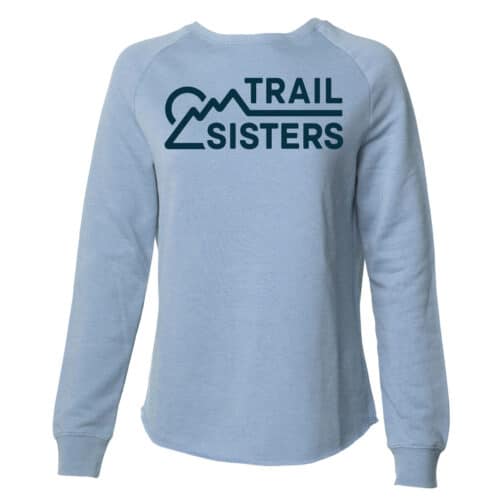
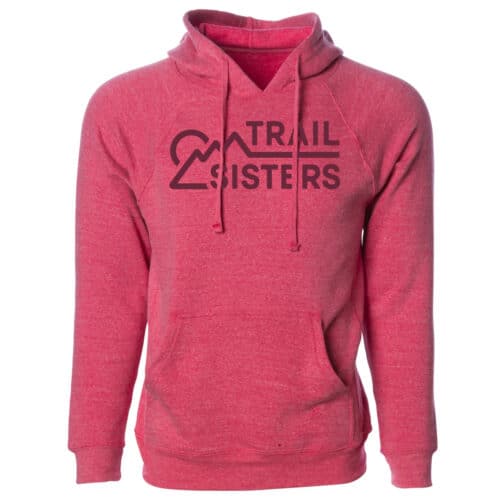

One Response
So inspirational, thank you! I am going to keep my journal closer at hand to record my experiences and do my best to share with others, keeping things positive. I am new to trail running and hope that my perspective might help others to get involved as well. Thank you for the motivation, Anne!